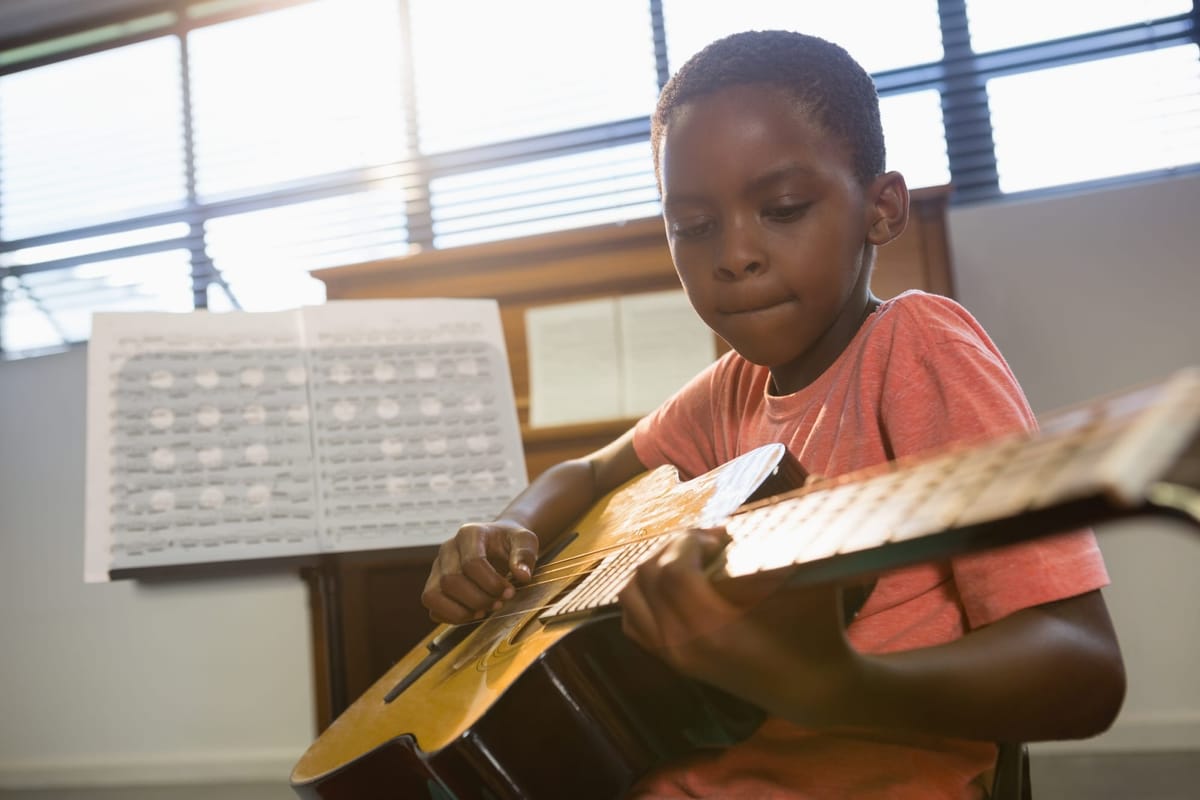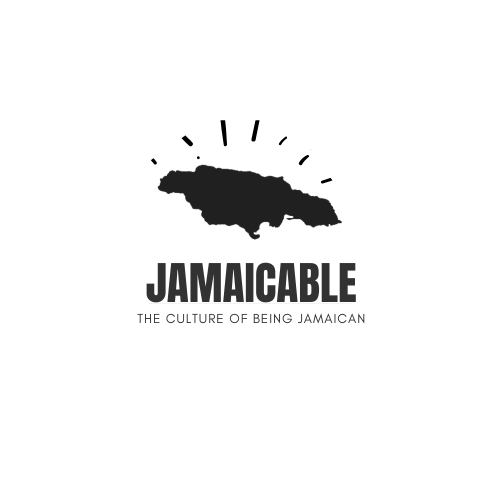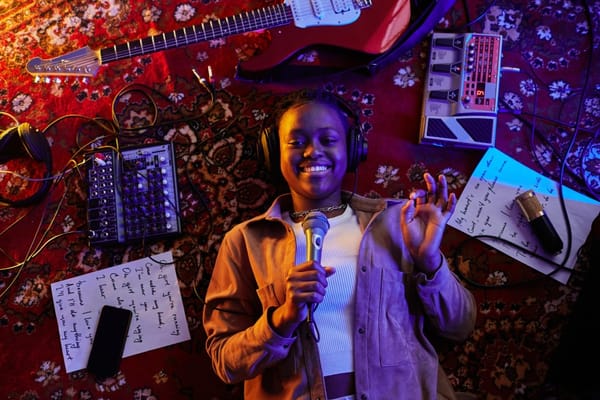Jamaica’s Music Legacy Begins in Childhood So Why Doesn’t Its Investment?

Jamaica’s global musical influence is undeniable, yet formal investment in music education overwhelmingly favours older youth and professionals rather than young children. Institutions like the Edna Manley College of the Visual and Performing Arts provide advanced training, and high school students can access music programs through select schools, but structured early music education remains scarce.
Unlike countries that integrate music into primary education as a strategic tool for national development, Jamaica’s music industry has historically relied on informal mentorship, sound system culture and self-taught talent. This organic development has given birth to legends, but it has also meant that access to music education is uneven, often reserved for those who can afford private lessons or have connections in the industry.
,Jamaica treats music as an extracurricular pursuit rather than an academic priority. This gap raises a critical question: if music is one of Jamaica’s most valuable cultural and economic assets, why isn’t it treated as an essential part of early education?
The Standardised Testing Dilemma

One major obstacle is the country’s rigid, test-driven education system. From as early as Grade Four, students are pressured to prepare for high-stakes standardized exams like the Primary Exit Profile (PEP), which determines their placement in secondary schools. This emphasis on rote learning and exam performance leaves little room for creative subjects, which are often treated as distractions rather than developmental tools. Ironically, global research suggests that music education enhances cognitive development, improving skills in memory, problem-solving, and even mathematics - an area where Jamaica continues to struggle. Countries like Finland, which consistently rank high in global education, integrate music into early learning not as an afterthought but as a core element of cognitive and emotional development. Every child, regardless of socioeconomic background, has access to subsidised music schools, ensuring that talent is nurtured from the ground up.
Meanwhile, Venezuela’s El Sistema program provides a model for how structured investment in music can transform education. Established in 1975, El Sistema offers free music education to children from infancy through adulthood, with a focus on social development. More than 350,000 students participate in orchestras, learning discipline, teamwork, and academic skills through structured training. This approach has produced world-class musicians, including conductor Gustavo Dudamel, while simultaneously improving student engagement in traditional academics. If a country facing economic hardships like Venezuela can invest in national music education, why can’t Jamaica?
Alpha: A Missed Opportunity for National Expansion

Jamaica does have one standout example of structured early music education—the Alpha Institute, formerly Alpha Boys’ School. For over a century, Alpha has played a pivotal role in producing some of the country’s most influential musicians. Originally established as a home for at-risk boys, the school quickly became a breeding ground for musical excellence. Its brass band program, led by the legendary Sister Mary Ignatius Davies, trained musicians who went on to define entire genres, including ska and reggae. Alpha alumni include Don Drummond, a founding member of The Skatalites, and saxophonist Tommy McCook.
Alpha’s approach was simple but effective: structured instruction, discipline and access to instruments. Students were trained in brass, percussion, and woodwinds, developing technical skills that allowed them to transition into professional careers. The program wasn’t just about music, it was about life skills, discipline, and economic mobility. For decades, Alpha students filled the ranks of Jamaica’s top studio musicians, helping shape the country’s golden era of recorded music.
Yet, despite its undeniable success, Alpha remains an isolated model rather than a national policy. The school itself has shifted focus over the years, evolving into a technical training institute that still offers music but without the same singular emphasis as before. There has been no large-scale effort to replicate Alpha’s structure across the country. Imagine if every parish had an "Alpha-style" program, providing structured training for young musicians in the way that primary schools already scout and train young athletes. Instead, music education remains fragmented, accessible only to those who can afford private lessons or stumble upon mentorship.
JCDC: A Platform Without a Pipeline
Jamaica does have a national music platform in the Jamaica Cultural Development Commission (JCDC), but its structure limits long-term growth. The JCDC hosts annual music and performing arts competitions, providing young artists with exposure and recognition. However, beyond trophies and performances, there is little in the way of structured mentorship, scholarships or career pipelines for participants. Unlike sports, where Champs (the Inter-Secondary Schools Boys and Girls Championships) serves as a scouting ground for elite training and scholarships, JCDC winners are often left to navigate their careers alone.
Compare this to South Korea’s approach to music development. Recognizing K-pop as a global economic force, the South Korean government actively invests in training academies where young artists receive formal instruction in vocals, dance, music theory and business management. These academies partner with entertainment companies, ensuring a structured pipeline from education to professional success. The result? A multibillion-dollar music industry that fuels tourism, merchandise sales and national branding. Jamaica’s music holds just as much global influence, yet there is no equivalent structure ensuring that young talent is nurtured and transitioned into a professional ecosystem.
The Need for Early Investment
If Jamaica truly values music as a cultural and economic powerhouse, it must start investing in talent from the ground up. Expanding structured music programs in primary schools, integrating music into interdisciplinary learning, and providing scholarships for young musicians would not only strengthen the country’s artistic pipeline but also contribute to broader educational and economic goals. Music isn’t just entertainment—it’s a tool for academic excellence, social mobility, and national branding. The only question is whether Jamaica will start treating it that way.




